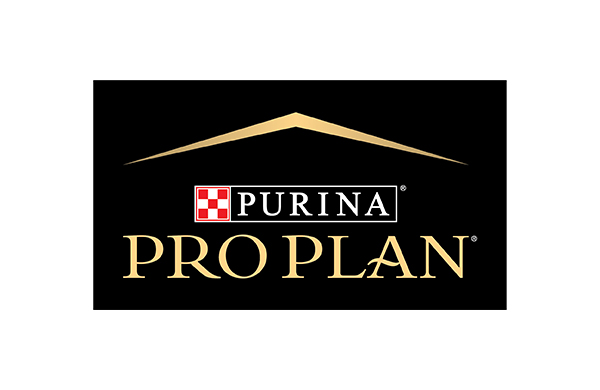PRO PLAN

Purina® Fortiflora® and Probiotics – truly effective or just the latest fad?
Most people have heard about probiotics in humans – live bacteria which are believed to have a beneficial effect on the ‘good bug bad bug’ balance in the intestinal tract and help digestive health…and probiotics are also commonly used in dogs and cats too!
PURINA® Fortiflora® is a probiotic in the form of a simple to use sachet sprinkled onto the food. It is used once daily, and comes in the version of both a cat and a dog product. Fortiflora is an effective probiotic, containing a patented live bacteria called Enterococcus Faecium SF68 unique to Fortiflora. The name of the probiotic is less important to remember – though it is worth reminding yourself that one probiotic is not just the same as any other and this particular one now has a significant number of studies behind it demonstrating its efficacy. However, the critical thing to explore is the beneficial effects it can have on your pet and their digestive tract…so what can it help with and how does it help?
The probiotic in Fortiflora is specially encapsulated, enabling it to pass through into the pet’s intestine, where – like it or not – lots of bacteria crucial for gut health are present. The live probiotic is then released, where it gets to work to help a whole range of things…
• It is perfect for any new puppy or kitten – we all know they can be prone to upset tummies, especially as they undergo stress travelling, visiting the vet, moving to a new home and having diet changes, so a 7 day course sprinkled onto their food can be very helpful.
• Any dog or cat prone to digestive upsets with diarrhoea, loose stools or flatulence. This might be due to scavenging, diet changes, illness or antibiotics, and the unpleasant stools produced are never nice for an owner – or your pet! – to have to put up with so Fortiflora can be incredibly helpful to help restore a healthy bacterial balance and help improve digestive health again, speeding up the resolution of diarrhoea.
• For any fussy cat or dog Fortiflora is also great as a palatability enhancer! It tastes so nice it can be sprinkled onto the food simply to encourage your pet to eat it, whether or not they will also benefit from the effects of the probiotic! It can even be licked off your hand if your pet is not eating.
Fortiflora is so easy to give – 1 sachet daily, regardless of animal size, and. It can be used short term or long term and with so many beneficial effects it is definitely worth having a box in the cupboard!
By Purina Vets.
SHOP TODAY!